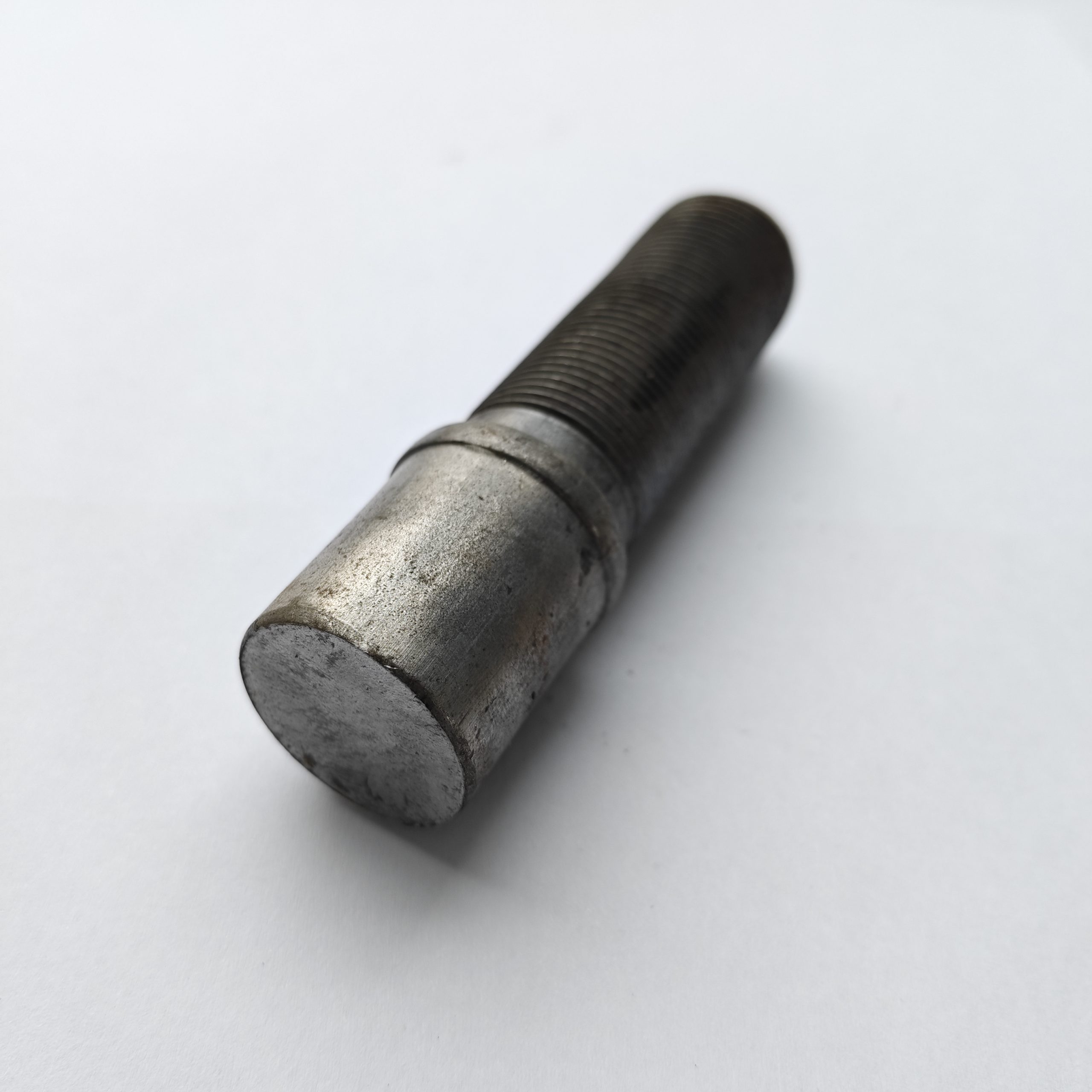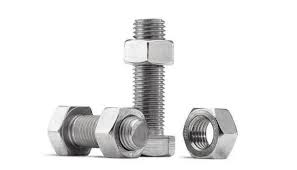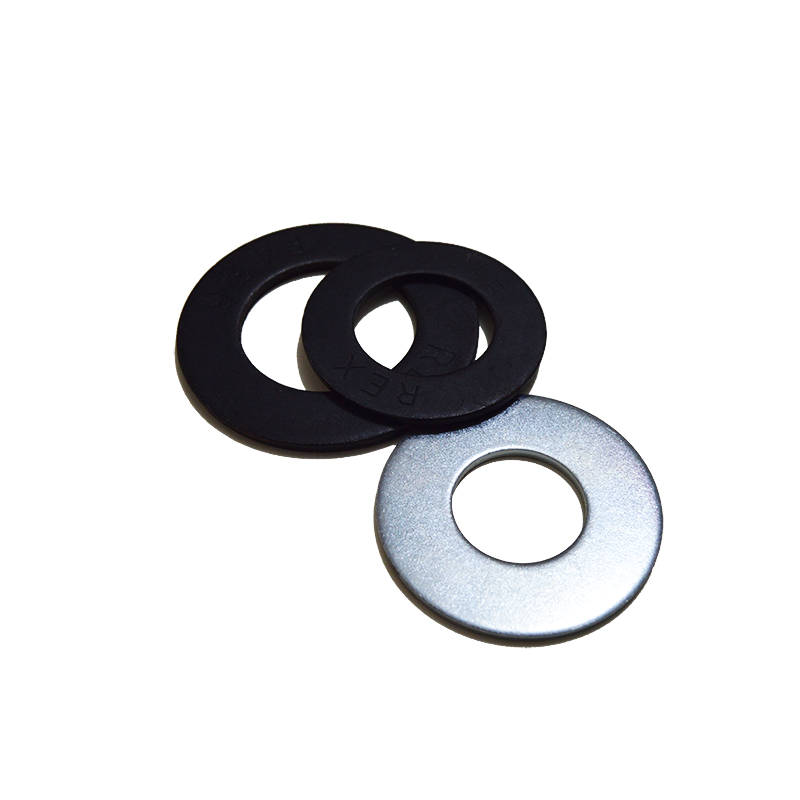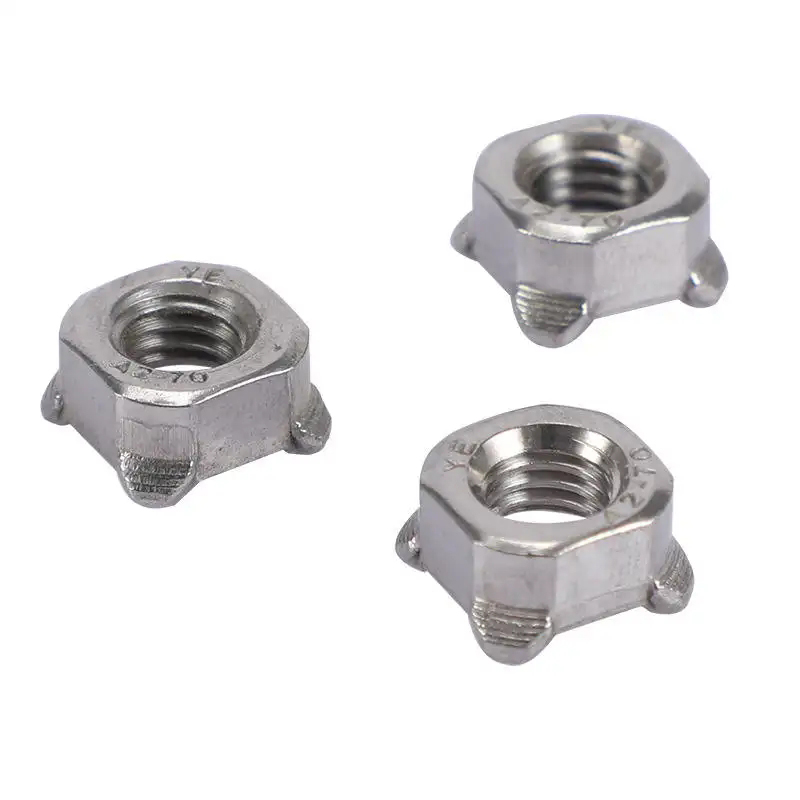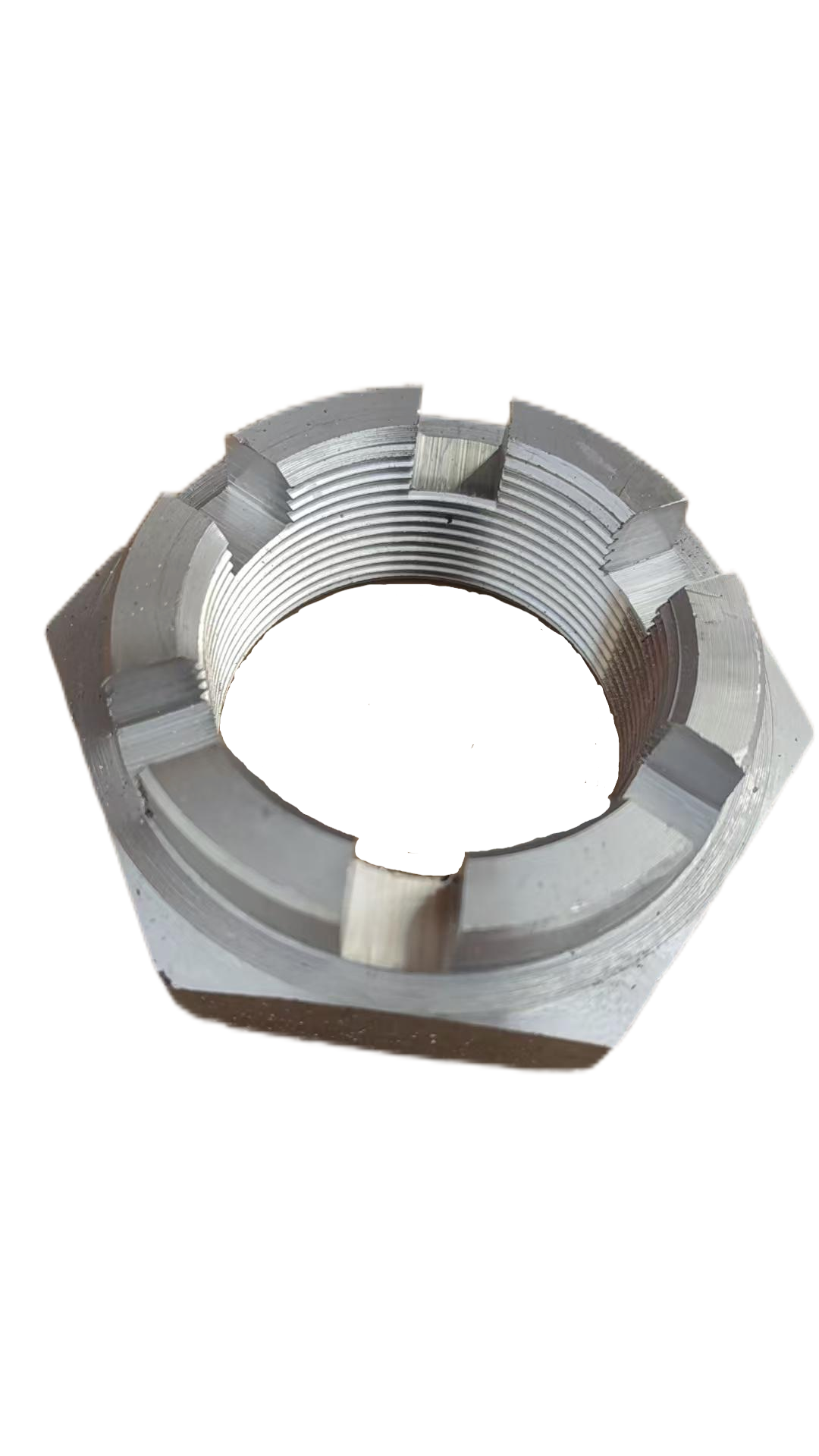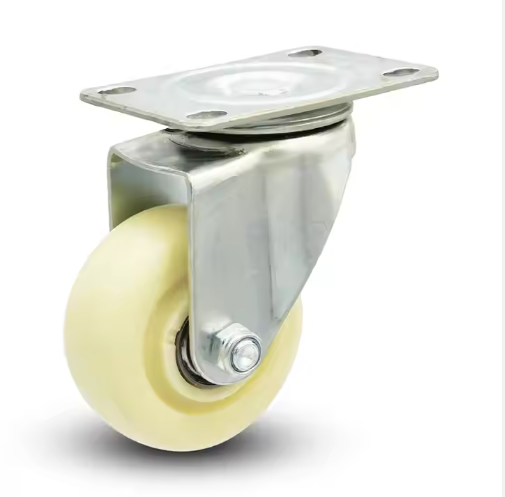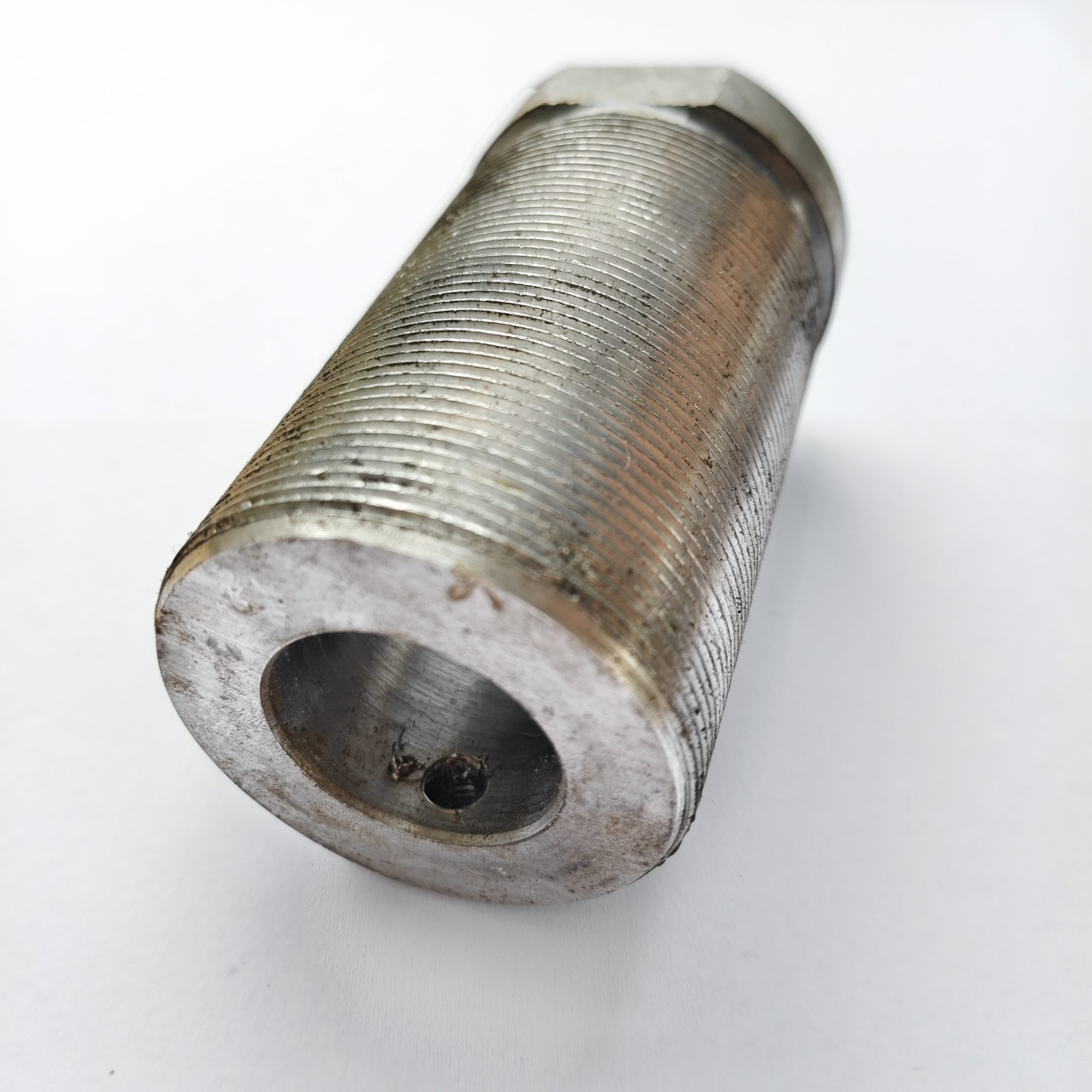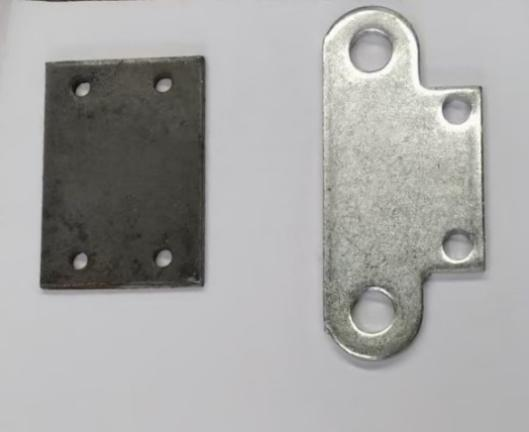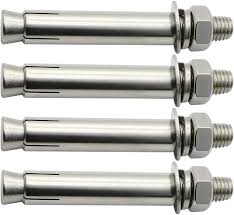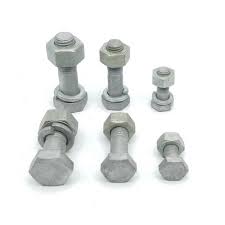

This guide provides a comprehensive overview of nylock nuts, covering their types, applications, advantages, and where to buy them reliably. We'll explore different materials, sizes, and considerations to help you make informed purchasing decisions.
Nylock nuts, also known as self-locking nuts, are a type of fastener designed to resist loosening under vibration or stress. Unlike standard nuts, they incorporate a locking mechanism that prevents them from unscrewing unintentionally. This mechanism is typically a nylon insert molded into the nut, creating friction that holds the threads in place.
Several variations of nylock nuts exist, differing in materials, locking mechanisms, and applications:
Nylock nuts are available in various materials, including steel, stainless steel, brass, and nylon. Surface finishes, such as zinc plating, can enhance corrosion resistance and durability. Choosing the right material depends on the application's environmental conditions and required strength.
Selecting the appropriate nylock nut involves considering several key factors:
A detailed size chart and specifications are crucial when ordering. Refer to manufacturer datasheets for precise measurements and tolerances. Many suppliers provide downloadable catalogs for easy reference.
Numerous suppliers offer high-quality nylock nuts. For reliable sourcing, consider established industrial suppliers or online retailers with positive customer reviews. Always verify the supplier's certifications and quality control measures.
For a wide selection of high-quality fasteners, including a comprehensive range of nylock nuts, explore Hebei Dewell Metal Products Co., LTD. They offer various materials, sizes, and finishes to meet diverse needs.
While reusable, repeated use can reduce the effectiveness of the locking mechanism. For critical applications, it's recommended to use new nylock nuts.
Tighten to the manufacturer's specified torque. Over-tightening can damage the nut and the bolt.
Selecting the right nylock nut is essential for ensuring the safety and reliability of any fastening application. By understanding the various types, materials, and considerations discussed above, you can make informed decisions and source high-quality nylock nuts from reputable suppliers.
| Material | Temperature Resistance (°C) | Corrosion Resistance | Tensile Strength (MPa) |
|---|---|---|---|
| Steel | Up to 200 (depending on coating) | Moderate (with zinc plating) | High (varies by grade) |
| Stainless Steel | Up to 300 (depending on grade) | Excellent | High (varies by grade) |
| Brass | Up to 150 | Good | Moderate |
| Nylon | Up to 80 | Excellent | Low |
Note: Temperature and tensile strength values are approximate and can vary depending on the specific product and manufacturer. Consult manufacturer datasheets for precise specifications.

